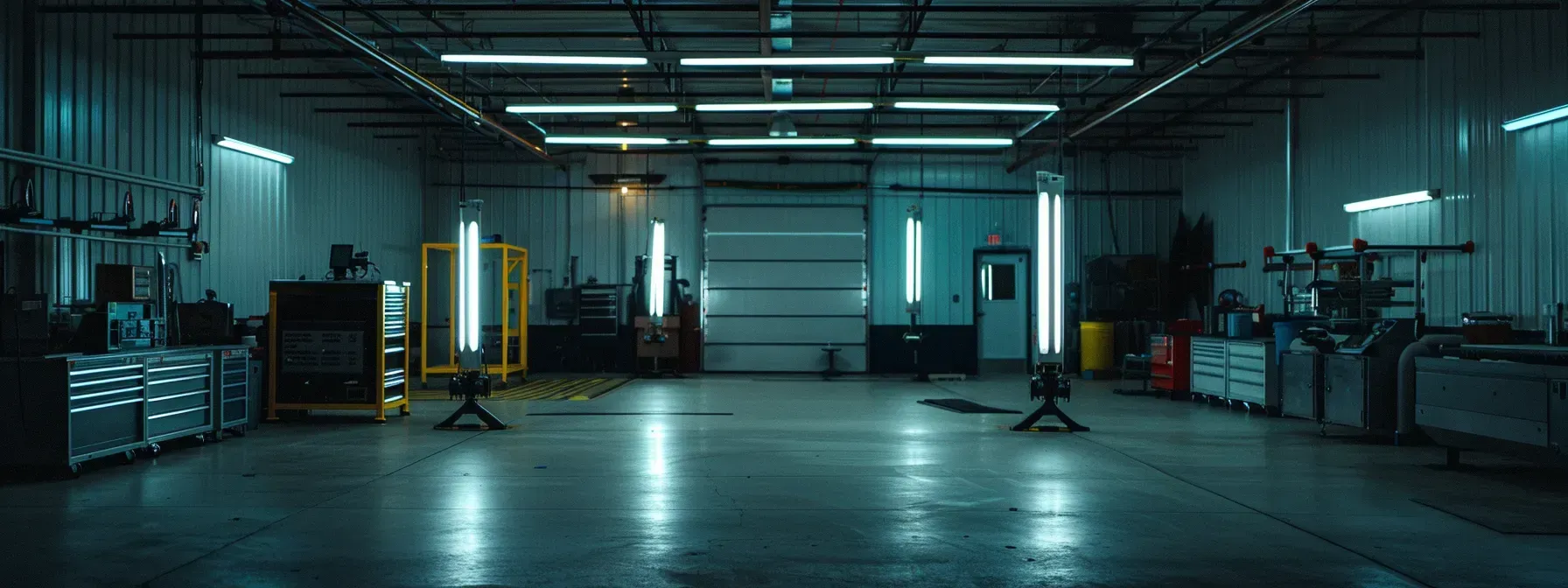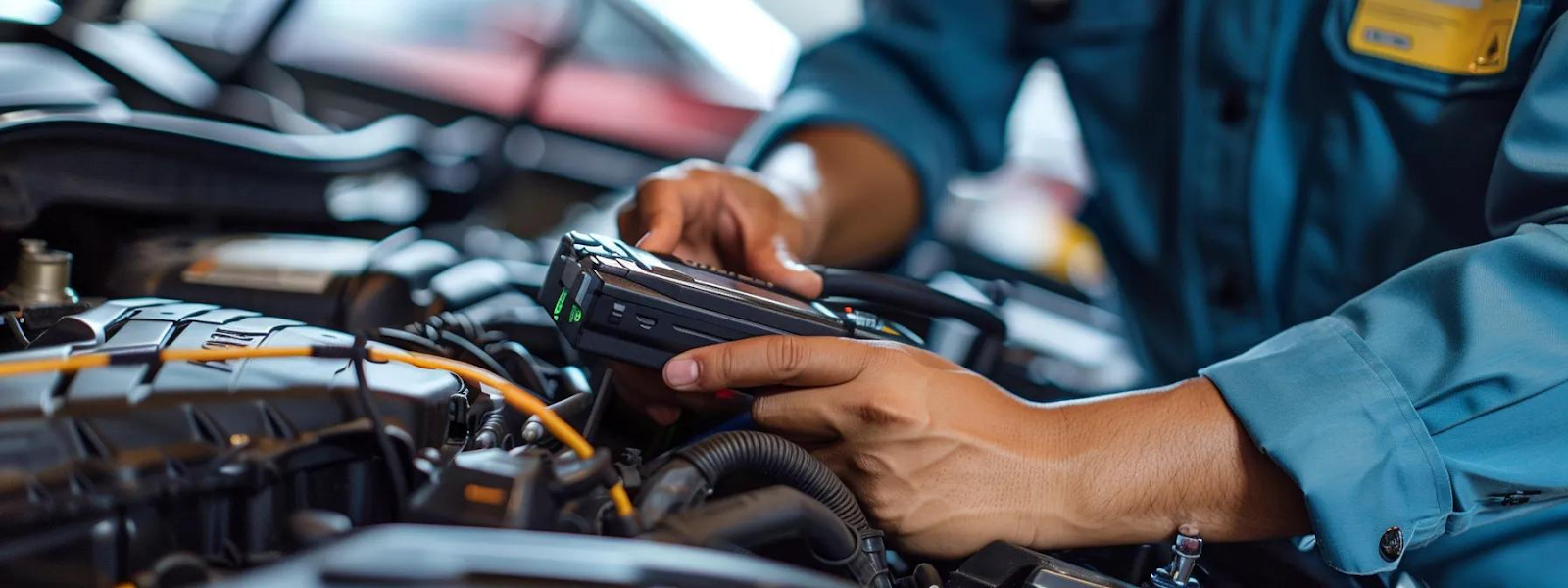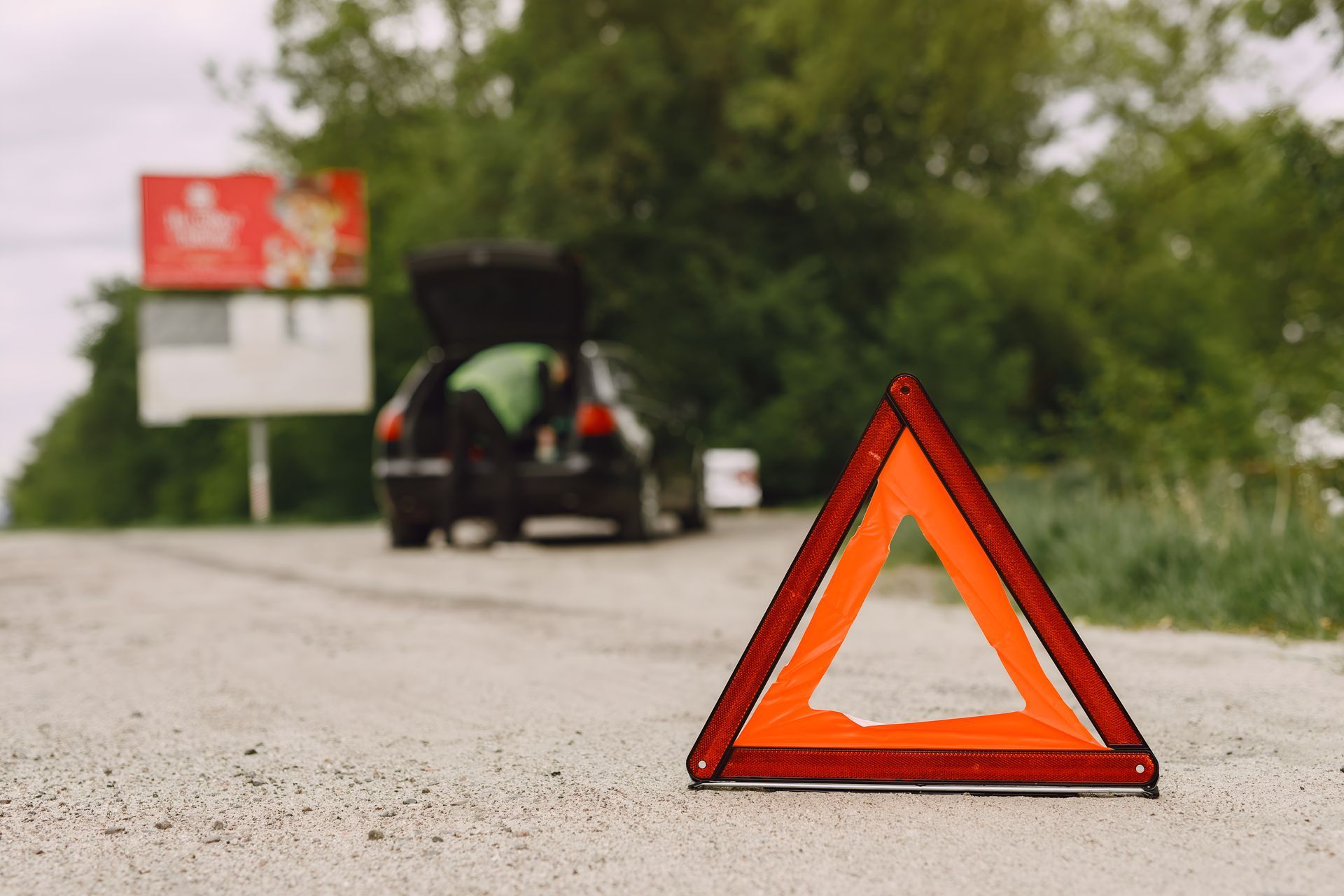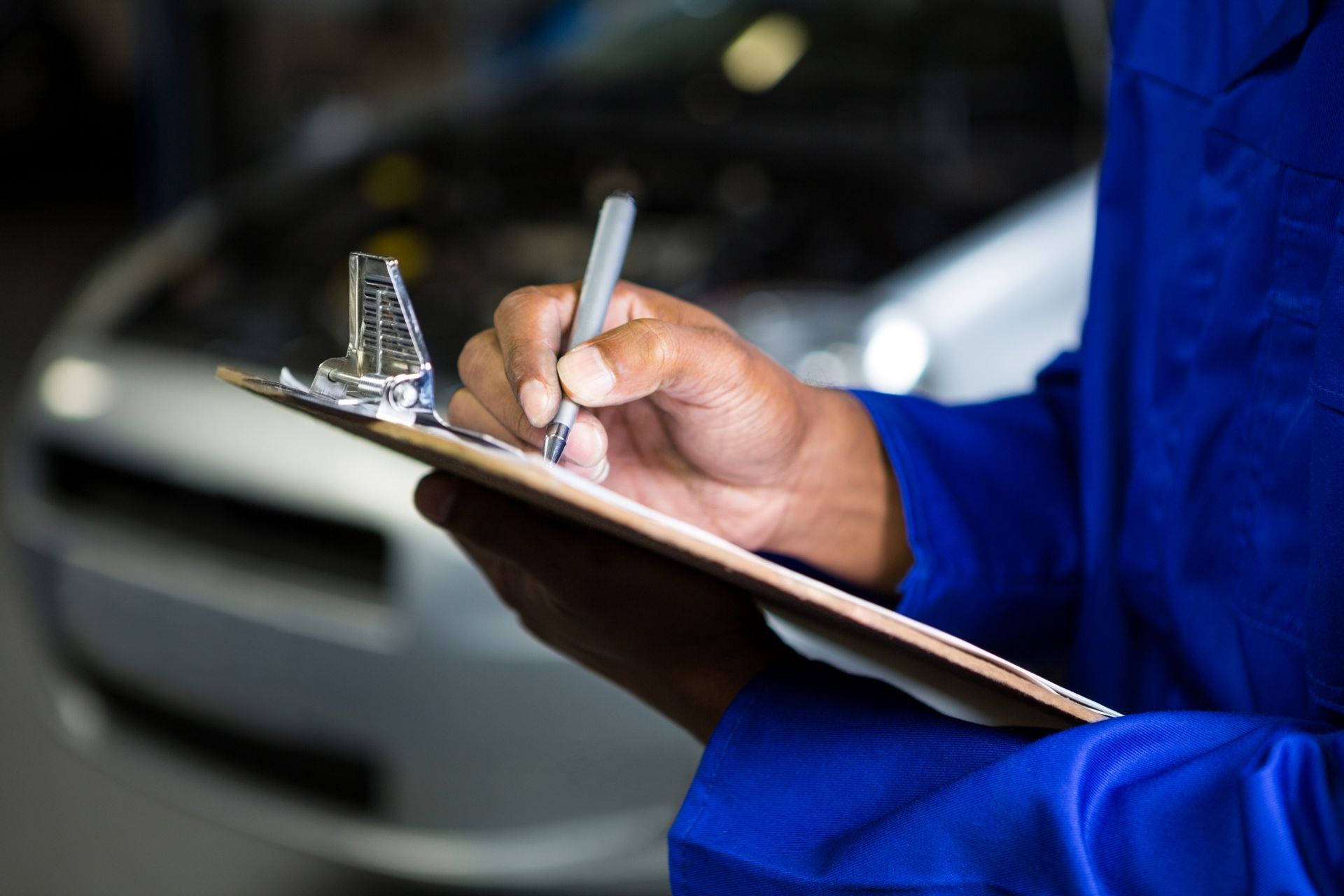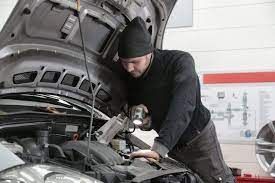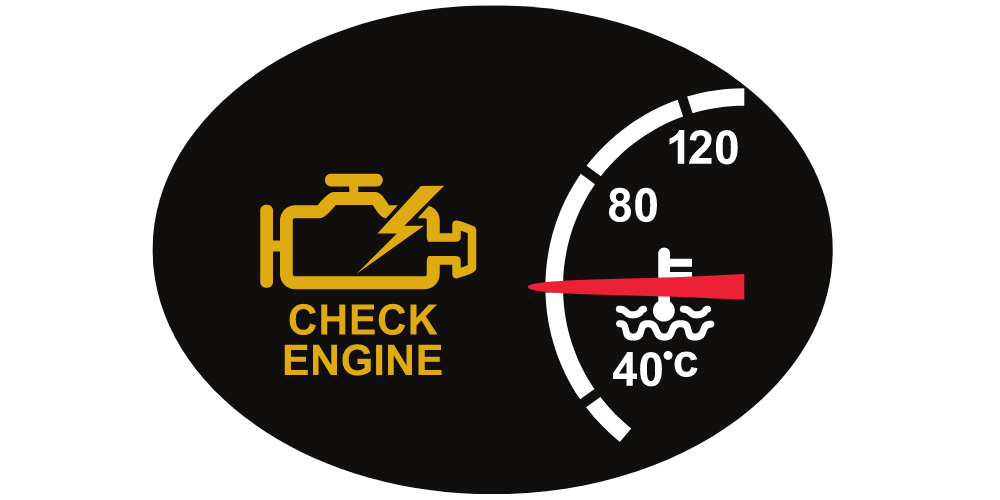How Do Seasonal Changes Affect the Types of Car Repairs Needed in Suwanee: What Drivers Must Know Year-Round
Suwanee’s summer temperatures often exceed 90°F, and winter lows can approach freezing, placing unique stresses on every vehicle system. Understanding seasonal car repairs means aligning inspections and preventive services with local weather shifts to avoid breakdowns and costly fixes.
In this guide, you’ll discover why tailored maintenance is essential, which components each season stresses most, how to prevent common problems, the services offered by a trusted Suwanee auto repair shop, and strategies to maximize your car’s lifespan in Suwanee’s climate.
Why Is Seasonal Car Maintenance Essential for Suwanee Drivers?
Seasonal car maintenance is the practice of customizing inspections and repairs to local weather shifts, which prevents breakdowns and preserves reliability year-round. In Suwanee’s humid summers and mild winters, routine checks align coolant, battery, tire, brake, and fluid health with temperature extremes.
This targeted approach reduces the risk of roadside emergencies, saves on reactive repair costs, and ensures safer, more dependable driving through every season. Choosing a reputable auto repair shop in Suwanee GA ensures these critical checks are performed correctly.
How Does Suwanee’s Climate Impact Vehicle Performance Year-Round?
Suwanee’s hot summers accelerate coolant evaporation and increase engine temperature, while winter chills reduce battery capacity and thicken fluids. Humidity promotes corrosion on electrical connections and brakes, and seasonal rainfall tests wiper and defroster effectiveness. These factors underscore the importance of tailored maintenance to sustain engine performance, starting reliability, and braking efficiency despite seasonal challenges.
What Are the Benefits of Preventative Seasonal Maintenance?
Preventative seasonal maintenance identifies wear before failure, boosting safety, lowering total repair expenses by up to 30%, and extending component life. By servicing cooling systems before peak heat and testing batteries before cold snaps, drivers secure uninterrupted operation. This proactive care also preserves resale value and reduces the likelihood of weather-related breakdowns on Suwanee roads.
When Should You Schedule Seasonal Car Inspections in Suwanee?
Schedule inspections at the change of each season, like late March, early June, early September, and late November, to align with spring cleaning, summer readiness, fall prep, and winter protection. These quarterly checkpoints ensure timely coolant flushes, battery load tests, brake evaluations, and undercarriage inspections. Planning service at Wayne's Auto & Truck Repair during these windows delivers optimal component performance when you need it most.
What Are the Key Car Components Affected by Seasonal Changes in Suwanee?
Key components respond differently to temperature and moisture shifts, requiring targeted attention as seasons change. Below is an overview of the primary parts that demand seasonal focus.
| Component | Season | Impact |
|---|---|---|
| Cooling System | Summer Heat | Overheating risk, coolant breakdown |
| Car Battery | Winter Cold | Reduced capacity, starting failures |
| Brake System | Fall Moisture | Corrosion, longer stopping distances |
| Undercarriage | Spring Road Salt | Accelerated rust and chassis damage |
Each component’s vulnerability underscores how seasonal inspections can prevent major failures and ready your vehicle for the next weather cycle.
How Does Summer Heat Affect the Cooling System and Battery?
Intense summer heat stresses the cooling system by raising engine temperatures and degrading coolant, while high ambient heat accelerates battery chemical breakdown. Symptoms include frequent overheating warnings, low coolant levels, slow engine cranking, and dimming lights. A full cooling-system flush and professional battery load test ensure both systems operate within safe parameters, preventing heat-related failures.
What Winter Weather Challenges Affect Battery Life and Tire Traction?
Cold temperatures thin engine oil and slow battery chemical reactions, cutting starting power. Freezing nights also reduce tire pressure and compromise traction on wet or frosted roads. Winter battery service and targeted tire inspections with adjustment restore starting reliability and grip, lowering the risk of stalls or slips on chilly Suwanee mornings.
How Do Fall Conditions Influence Brake Performance and Antifreeze Levels?
In fall’s damp, cooling nights, moisture accelerates brake pad corrosion and dilutes antifreeze mixtures. Drivers may notice squeaking brakes or less effective heating. Checking brake rotors and pads for rust and adjusting coolant concentration (50/50 mix) optimizes stopping power and protects engine cooling when temperatures drop.
What Spring Maintenance Is Needed for Rust Prevention and Fluid Checks?
Spring’s wet roads wash away protective grease and expose undercarriage steel to oxidation. Road-salt residue from winter can linger and promote corrosion. A thorough underbody rinse, chassis lubrication, fluid-level verification (engine oil, transmission, brake fluid), and filter replacement prepare your vehicle for summer heat and humidity without hidden damage.
How Can Suwanee Drivers Prevent Common Seasonal Car Problems?
Preventing seasonal car problems combines regular checks with targeted steps that align with Suwanee’s climate patterns. The following list highlights the most effective tasks.
Before attempting any maintenance, understand which inspections maximize reliability and when professional expertise is essential. An auto repair shop Suwanee GA residents trust can guide you through these essential steps.
- Inspect and rotate tires to maintain even wear and proper pressure before temperature extremes.
- Flush cooling system and replace thermostat to guard against overheating in summer.
- Perform battery load test and clean terminals to secure winter starting power.
- Test brakes, lubricate moving parts, and replace worn pads ahead of fall rains.
- Clean undercarriage and treat exposed metal to prevent spring-time rust.
What Are the Top Seasonal Maintenance Tasks that Help Avoid Costly Repairs?
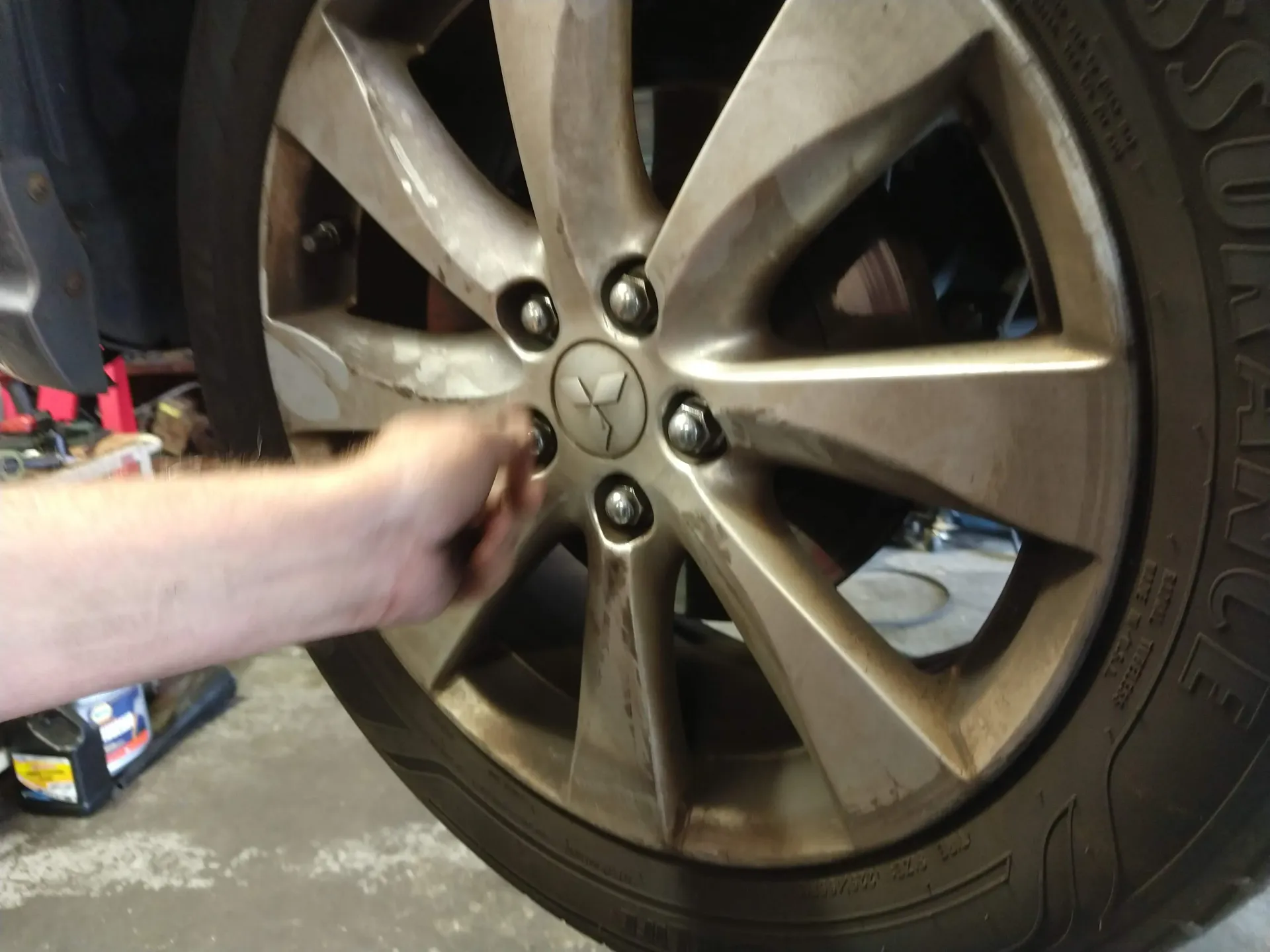
Seasonal checklists target the highest-risk components that most often lead to expensive breakdowns. Prioritize coolant level, battery health, tire condition, brake integrity, and undercarriage inspections to catch early wear. Tackling these critical tasks quarterly can prevent up to 50% of avoidable repair bills.
When Is Professional Service Recommended Over DIY Seasonal Checks?
Professional service is advised when component tests require specialized equipment, such as battery load testing, coolant system pressure checks, brake fluid moisture analysis, or refrigerant recharge. Wayne's Auto & Truck Repair’s certified technicians provide accurate diagnostics and repair, ensuring complex systems receive precise calibration and safe handling.
How Does Regular Tire Pressure Monitoring Help Across Seasons?
Tire pressure fluctuates with temperature shifts, dropping in cold and rising in heat, which in turn, affects fuel efficiency, handling, and wear. Monthly monitoring and adjustment preserve optimal contact with the road, improve braking distances, and enhance fuel economy regardless of season.
What Are the Typical Seasonal Repair Services Offered by Wayne's Auto & Truck Repair?
Seasonal repair services address each weather cycle’s distinct demands, combining inspection and targeted intervention to sustain peak performance. As a leading auto repair shop in Suwanee GA, we offer comprehensive seasonal solutions.
Which Services Address Summer Cooling System and AC Issues?
Summer services include radiator flush and coolant replacement, hose and belt inspection, AC system recharge, and condenser cleaning. These procedures prevent overheating, maintain cabin comfort, and protect engine reliability under high temperatures.
What Winter Auto Repairs Improve Battery Health and Traction?
Winter packages feature battery load testing, terminal cleaning, installation of high-capacity cold-cranking batteries, tire tread evaluation, and installation of all-season or winter tires. These measures ensure dependable cold starts and secure traction on damp or frosty roads.
How Do Fall and Spring Services Prepare Vehicles for Weather Transitions?
Fall prep focuses on antifreeze mixture checks, brake system corrosion treatment, and heater/defroster inspections. Spring services include undercarriage cleaning, fluid level restoration, and air filter changes to counter winter residue and ready the vehicle for warmer, wetter conditions.
How Can Suwanee Drivers Maximize Vehicle Longevity Through Seasonal Care?
Tailoring maintenance to Suwanee’s hot, humid summers and mild winters keeps fluids at optimal viscosity, prevents corrosion, and balances electrical performance. This holistic approach can add 30,000–50,000 miles to a vehicle’s service life by mitigating weather-induced wear.
Why Choose Local Certified Technicians for Seasonal Car Repairs?
Local certified technicians combine Suwanee-specific climate insights with ASE-certified expertise, using advanced diagnostic tools and manufacturer-approved parts. This level of specialized service secures precise repairs, transparent pricing, and the community-trusted reliability that saves time and money over a vehicle’s life. Wayne's Auto & Truck Repair is the auto repair shop Suwanee car owners depend on for all their automotive needs.
Conclusion
Seasonal car repairs in Suwanee demand a strategic, weather-aware approach to vehicle care. By aligning maintenance cycles with local climate challenges, drivers enhance safety, prevent costly breakdowns, and extend their car’s longevity.
Reach out to Wayne's Auto & Truck Repair today to schedule your next seasonal inspection and keep your vehicle performing at its best through every weather shift.
